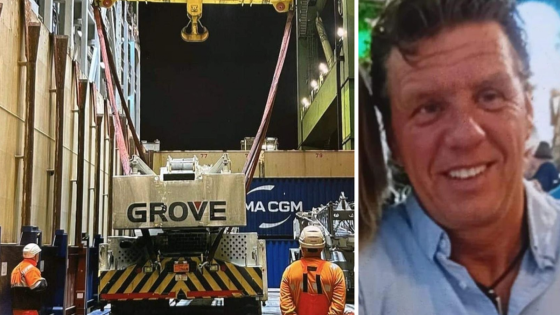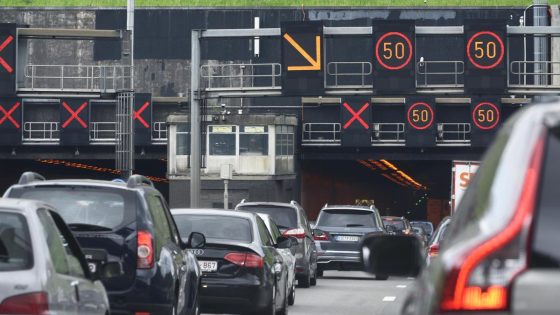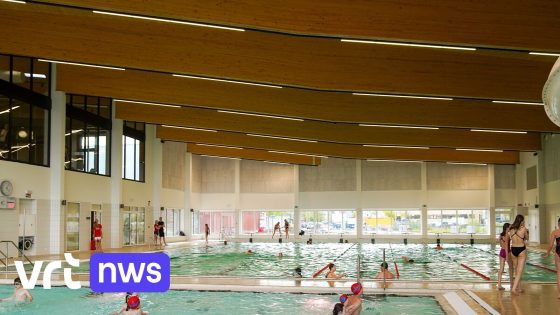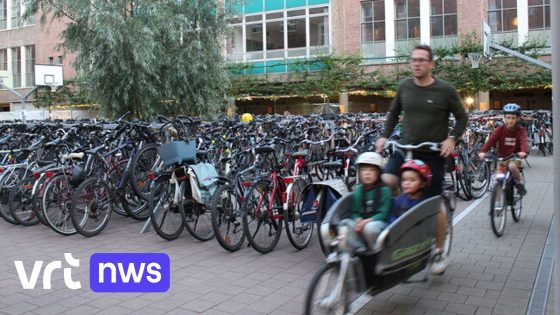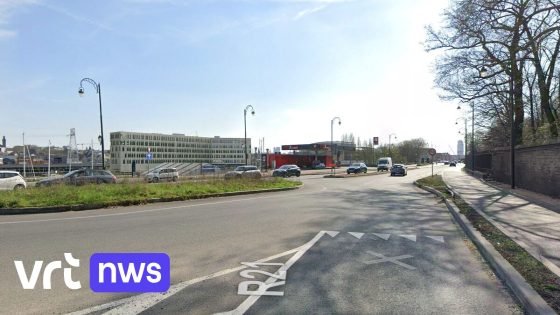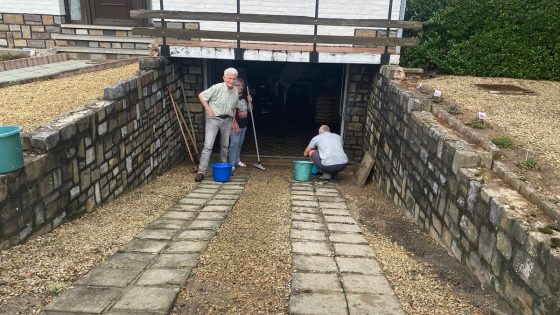The recent court ruling on a fatal workplace accident in the Antwerp port has brought renewed attention to safety standards in Belgian harbours. On 2025-06-27 22:00:00, the court found two companies responsible for the death of Jean-Pierre Sels, a longtime dockworker who tragically lost his life during a crane operation. This verdict highlights ongoing concerns about hazardous working conditions in one of Belgium’s busiest economic hubs.
- Melissa Sels shares emotional impact after verdict
- Jean-Pierre died in crane accident at harbor
- Investigation reveals unsafe crane lifting practices
- Companies fined €128,000 for safety violations
- Melissa rejects hush money, demands justice
- Authorities vow stricter enforcement in Antwerp harbor
Jean-Pierre’s daughter, Melissa Sels, has spoken out about the emotional toll and the importance of recognising corporate negligence over financial compensation. Her father’s death, caused by faulty crane equipment and inadequate training, raises pressing questions: how safe are Belgian port workers, and what measures will prevent future tragedies?
With safety now under the spotlight, this case forces US to consider the real cost of overlooking workplace hazards. The court’s decision could mark a turning point for labour conditions in the Antwerp port and beyond. But will it be enough to change industry practices? The following summary offers a clear view of the local impact.
What does this ruling mean for worker safety in Belgium’s ports? It underscores the urgent need for accountability and reform. Melissa’s refusal to accept hush money highlights the demand for transparency and justice. Key takeaways include:
- Companies were found negligent for poor crane maintenance and inadequate worker preparation.
- The court awarded €15,000 in moral damages, emphasizing the human cost.
- The Antwerp labour prosecutor promises stricter enforcement and potential legal action against negligent port managers.
As Belgium faces these challenges, will industry leaders step up to ensure safer working environments? It is crucial for policymakers, companies, and workers to collaborate on stronger safety protocols, training, and oversight to protect lives in the port and across the nation.



